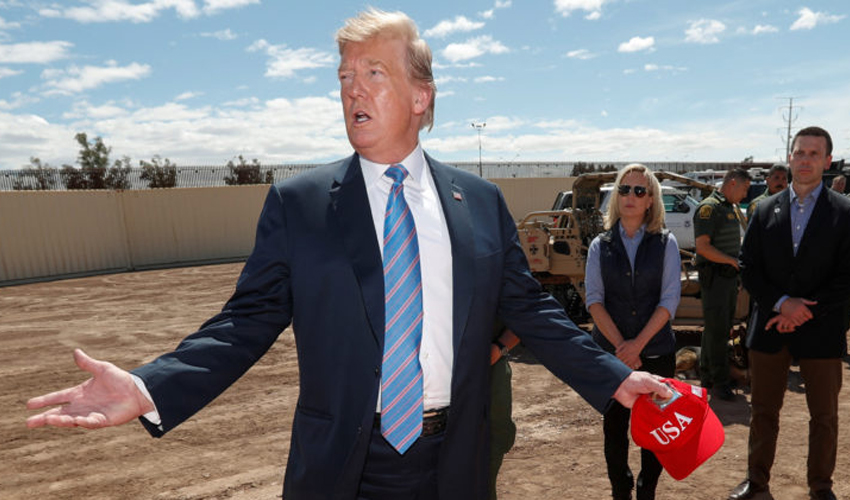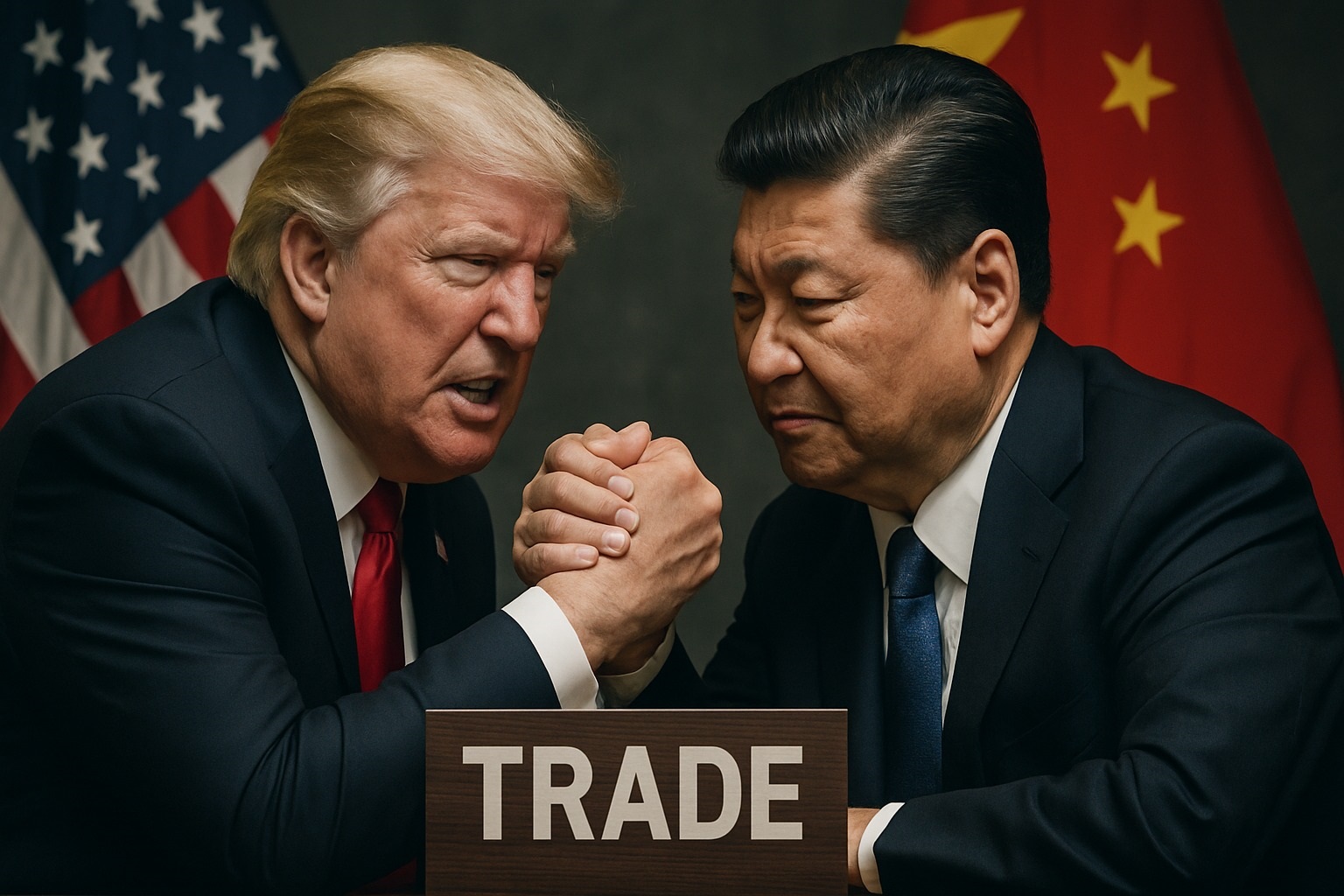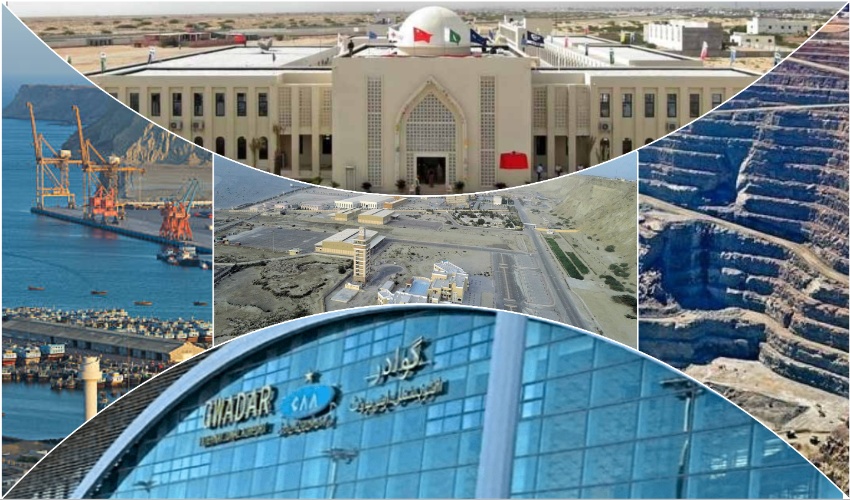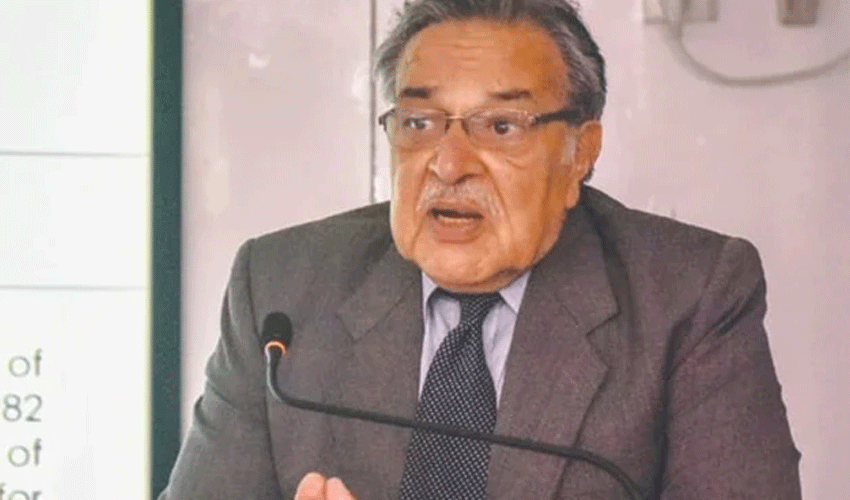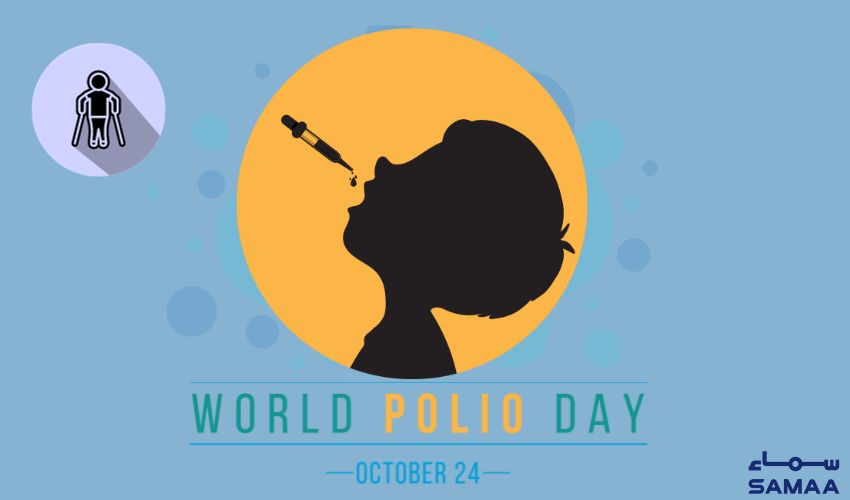As the possibility of a second Trump administration looms, the rights of migrant workers in the United States hang in the balance. Former President Donald Trump has promised a return to aggressive Immigration and Customs Enforcement (ICE) raids, reminiscent of the tactics employed during his first term.
These policies have instilled a climate of fear among vulnerable laborers, threatening their rights and safety.
The tragic death of Rosa Sanchez, a farm worker in California, starkly illustrates the harsh realities faced by migrant labourers. After being fatally struck by a truck while working at Grimmway Farms, Sanchez's colleagues were reportedly instructed to continue working around her body, highlighting the disregard for worker safety in pursuit of profit.
Fellow worker Alejandra Montoya expressed her deep concern, stating that the incident underscored a lack of respect for workers' lives.
Montoya's fear of speaking out about unsafe working conditions is a common experience among undocumented immigrants, who often face intimidation from employers who threaten to report them to immigration authorities.
She recalls being warned, "Hey, you know, you’re undocumented, you shouldn’t say anything." This fear inhibits workers from advocating for their rights or reporting unsafe conditions, as the consequences could lead to deportation.
Despite these challenges, Montoya has found some protection under the Deferred Action Labor Enforcement (DALE) program, which allows undocumented immigrants who are victims or witnesses of workplace exploitation to apply for deferred action. However, this safeguard could be short-lived if Trump returns to power. The Republican nominee’s hardline immigration policies threaten to dismantle these protections, leaving workers like Montoya vulnerable once again.
Trump's close ally Stephen Miller, known for his aggressive stance on immigration, has signaled a desire to reinstate workplace raids and other punitive measures that suppress workers’ rights. During Trump's presidency, major ICE raids, such as the 2019 operation in Mississippi, targeted multiple food processing facilities, leading to the arrest of hundreds of workers. Such actions are seen as deterrents against collective bargaining for better working conditions, further eroding the rights of migrant laborers.
Experts, including Antonio De Loera-Brust from the United Farm Workers (UFW), warn that a workforce living in fear of deportation is less likely to demand higher wages or report abuses. "It’s the simple fact that a workforce that’s scared of getting deported is one that won’t speak up for higher wages," he said.
The chilling effects of reinstating ICE raids extend beyond the workplace, impacting migrant workers' access to essential services like healthcare. David Chincanchan, policy director at the Workers Defense Action Fund, emphasized that such policies could deter migrants from seeking medical help, exacerbating public health concerns.
As the election approaches, the stakes for migrant workers couldn't be higher. The looming threat of a Trump presidency raises urgent questions about the future of labor rights in the U.S. For many, the fear of deportation looms large, overshadowing the fight for safe working conditions and fair treatment. The plight of workers like Montoya serves as a reminder of the vulnerabilities inherent in a system that prioritizes profit over people.
In this charged political atmosphere, the fate of migrant workers' rights hangs in the balance, highlighting the urgent need for advocacy and reform to protect those who contribute significantly to the nation's economy while often living in the shadows.





